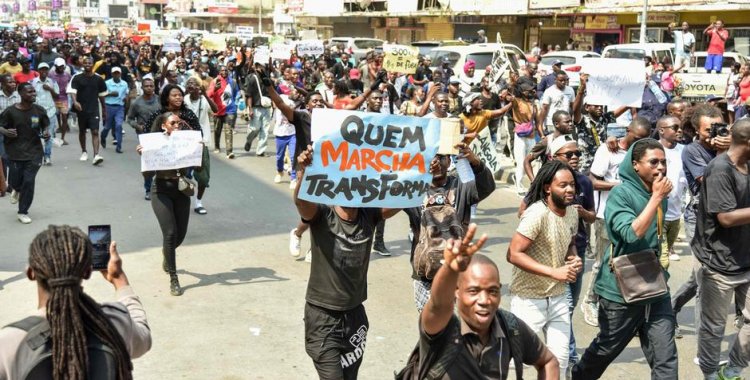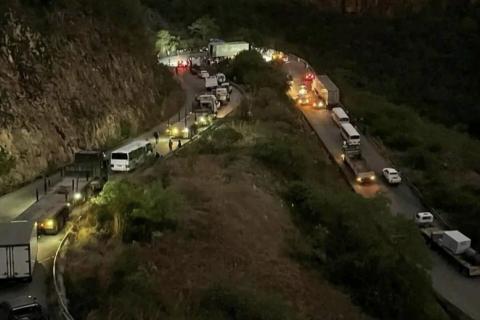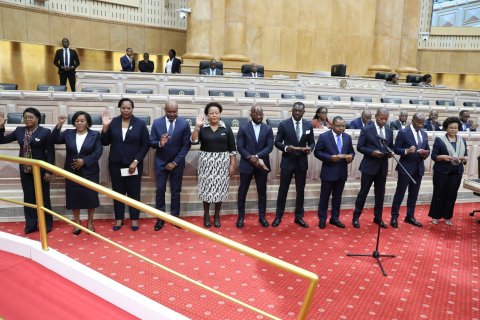The Episcopal Conference of Angola and São Tomé (CEAST), in a pastoral note on the country's current situation, released this Thursday, expressed concern about the current social situation of Angolan families, which they say has been worsened by the rise in fuel prices and other services.
"Hearing the cry of our people and sharing their concerns, we raise our voices for social peace and in defense of those who can least afford the high cost of living, which has recently been exacerbated by the widespread increase in prices," the bishops stated.
For the CEAST bishops, the majority of the Angolan population faces "visible anguish" due to the latest economic measures implemented in the country, marked primarily by the gradual increase in the cost of key products and services, caused by the rise in diesel prices.
They say they are observing the "worrying worsening of food shortages and the general lack of means of survival for most people throughout the country," and they also urge public decision-makers and all social forces to ensure that current economic measures "call for more inclusive social consultations and consideration before their implementation."
The Angolan bishops, meeting in Luanda in an enlarged permanent council, even consider that "the rise in fuel prices has served as the main trigger for the social degradation of the most fragile sections of society, who previously lived with meager means."
With the rise in fuel prices, citizens in Angola "now find themselves in a state of indigence and experiencing a suffocating loss of purchasing power, while wages continue to fail to grow at the same rate," they point out.
"This reality is further penalized by the heavy tax burden, which subjects people to multiple taxes, leaving few alternatives to the dignified life to which they are entitled as human beings," the note states.
For over a week now, the fare for shared taxis in Angola has been 300 kwanzas per trip, and the fare for city buses has increased to 200 kwanzas per trip since Monday. This measure follows the increase in the price of diesel, which rose from 300 to 400 kwanzas per liter starting July 4th.
This situation led to the demonstration last Saturday in Luanda, which was suppressed by the police with tear gas, resulting in arrests, injuries, and fainting, as reported by protesters at the time.
To condemn the country's current socioeconomic situation, particularly the high prices of tuition fees, fuel, taxi fares, water and electricity, and unemployment, Angolan activists have scheduled demonstrations in several provinces across the country for July 19th and 26th.
The bishops understand that social protests result from the "inevitable popular indignation" that "can threaten social peace, which is beginning to be shaken by protest movements, often unduly repressed by law enforcement."
The religious leaders also criticize the "disproportionate use of police force when the legitimate right to popular indignation is at stake," and warn that this "particular and delicate" moment in the country's history "puts us in imminent danger of convulsions that we have already witnessed intermittently."
According to the CEAST bishops, the growing cost of living, now exacerbated by current government measures, calls for a new approach from those who manage public goods, urging the government to review its latest measures and find ways to less penalize citizens.
They also recall that the country is preparing to celebrate 50 years of independence on November 11th, considering that it would be a wonderful gift for citizens to feel the "lightening of the heavy burden of a penalizing economy."







